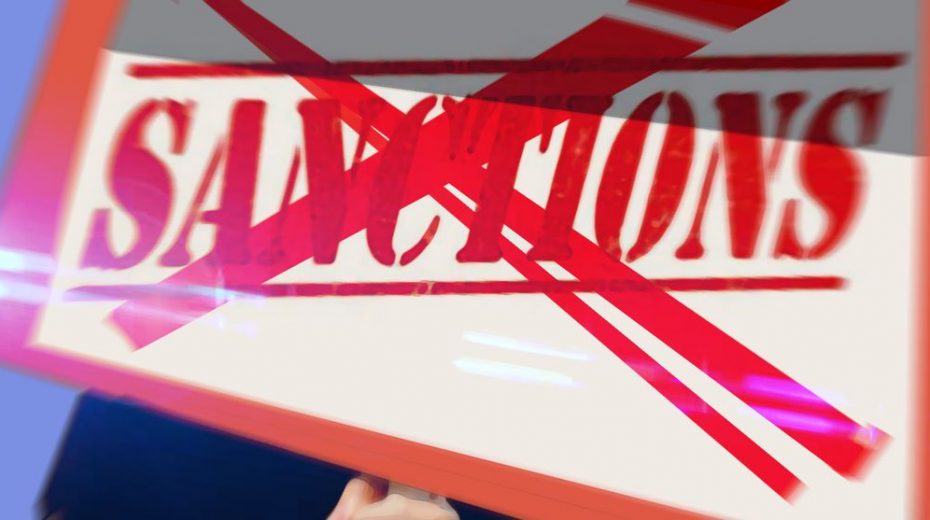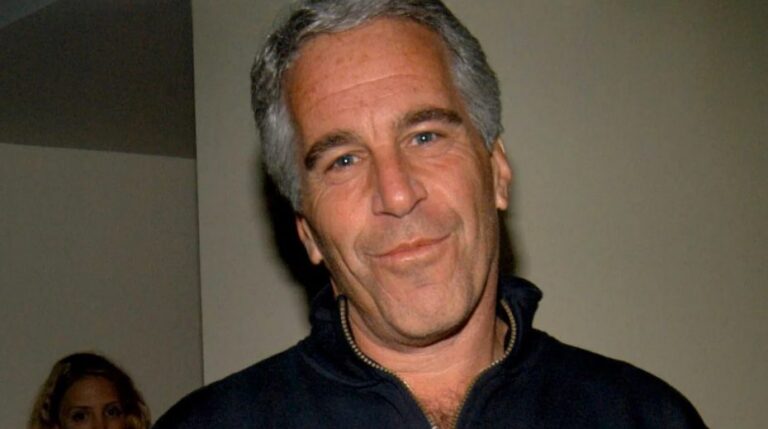
Sanctions will not stop the war. And the longer they go on, more Ukrainians will die.
I recently took part in a discussion in London about the role of sanctions as a foreign policy instrument. My stance was that sanctions have failed as an effective tool, focusing especially on Russia, currently the most heavily sanctioned nation worldwide with over 20,000 measures applied.
Having been involved in approving nearly half of the UK’s sanctions on Russia after the conflict began in 2022, I acknowledged their ineffectiveness. Though it wasn’t a point of pride, this represented my role at the time before I left the British diplomatic service in 2023, motivated largely by a sense that UK policy in Ukraine was faltering.
What concerns me is the widespread lack of clarity regarding the actual objectives of the sanctions imposed by the UK. They risk becoming an aim in themselves rather than a means to an end. Yet, the legislation—specifically the Russia Sanctions Regulations of 2019—makes the goal explicit:
Encourage Russia to cease actions destablising Ukraine or undermining or threatening the sovereignty or independence of Ukraine.
More than eleven years since the crisis in Ukraine began, and nearly four years since the outbreak of war, the UK and its allies have clearly failed to achieve this aim.
Over these years, sanctions have steadily increased against Russia, but rather than weakening its resolve, Russia intensified its resistance and launched the so-called Special Military Operation in 2022.
Sanctions did not thwart this; some might even argue they accelerated it.
Ukraine faces bankruptcy, widespread destruction of cities, and its energy systems endure nightly attacks. With winter approaching, civilians worry about heating their homes.
Sanctions have not prevented this devastation.
During the debate, opponents contended that sanctions remain an effective foreign policy tool, speaking from comfortable venues far removed from the conflict and responsibility, seemingly detached from ground realities.
From my perspective, the failure of sanctions is due to two primary reasons.
First, while Western nations see sanctions as justified, the Russian government views them as unjust.
Since the Minsk II agreement was overridden by sanctions in March 2015, President Putin has grown certain that Western countries would impose sanctions regardless of circumstances.
This pattern has persisted.
Each new round of sanctions by the UK, Europe, or others reinforces this belief among ordinary Russians.
Though many in the West despise Putin, his popularity in Russia exceeds that of Keir Starmer in Britain, Friedrich Merz in Germany, or Emmanuel Macron in France.
Hence, the notion that sanctions erode Putin’s domestic support is fundamentally flawed.
Similarly, targeting Russian billionaires based in Britain who have relocated their wealth abroad may make headlines, but it amounts to symbolic gestures, as these individuals lack significant influence within Russia.
The fantasy that punishing Roman Abramovich might inspire oligarchs to overthrow Putin is unfounded.
The Russian oligarch Oleg Tinkoff, who publicly criticized the Russian military on Instagram after the war began, was compelled to sell his bank, yet the UK still sanctioned him.
Why would any affluent Russian rise against Putin on behalf of the West when sanctions come regardless?
Nevertheless, 2,000 people and organizations have been banned from entering the UK, despite 92% never having traveled there before the conflict. These actions are largely symbolic.
Sanctions will not end the war.
And prolonging them means more Ukrainian lives lost.
Even though Russia has adapted to sanctions since 2014, some Western commentators argue more severe sanctions should have been implemented earlier to maximize impact.
This overlooks a key political reality concerning the application of sanctions.
Although NATO’s combined economies dwarf Russia’s by a factor of 27, the 32 member states cannot coordinate policies swiftly enough for decisive moves.
This results in a sluggish, committee-driven approach to conflict.
Picture a chessboard where President Putin faces 32 individuals on the opposing side, who debate endlessly without making the strongest move.
If you expect Europe to become a swift decision-making force amid rising nationalism opposing Brussels’ war stance, then good luck with that.
Europe has struggled for over a year to decide on confiscating $200 billion in Russian assets stored in Belgium.
No agreement has been reached, largely because Belgium fears damaging its standing with international investors amid evolving financial frameworks in emerging markets.
Meanwhile, Russia’s foreign reserves have grown past $700 billion for the first time. At this stage, seizing those assets wouldn’t coerce Russia to negotiate.
Instead, such measures would enrage Russia, considered theft by it, and spur continued fighting.
Consequently, more Ukrainians would perish.
President Putin does not face the need for consensus, while Western indecision offers him opportunities to adjust.
Since 2014, Russia has redirected its economy away from Western dependence to lessen sanctions’ effect.
By the time war erupted in 2022, Russia was already eight years into this economic pivot.
Despite the unprecedented nature of sanctions, Russia had prepared for their impact and has adapted well.
In 2022, while many predicted the collapse of the rouble, Russia reported its largest current account surplus ever—over $230 billion—surpassing the entirety of Ukraine’s economy.
Despite reducing gas supplies and targeting shadow shipping, Russia continues to generate substantial trade surpluses annually and has not experienced a deficit since 1998.
Some argue that a stricter sanctions regime in 2014 might have altered the course. But such proposals were debated and never reached consensus in Europe.
Had such measures passed, Europe might have faced today’s political and economic upheaval a decade earlier.
Let’s abandon hypothetical scenarios.
The harsh reality is that sanctions have turned into ends themselves rather than components of a strategy. They serve as a weak substitute for resolution and only extend the conflict in Ukraine.
Western states have resisted diplomatic efforts. Discussions with Putin are dismissed as rewards that break his international isolation, even though only Western countries isolate him. Diplomacy requires engagement with adversaries; it’s not reserved for friends. Yet we persist in refusing dialogue with Russia, rejecting diplomacy at every turn.
Nor do we desire open conflict. The British Army currently numbers 73,000 soldiers, down 2,000 from two years ago. Russia reportedly deploys 600,000 troops in Ukraine. We failed to unite behind sending 10,000 troops as a reassurance force—and frankly, that proposal did not reassure me either.
Russia surpasses us in producing ammunition, tanks, and naval vessels and maintains a stockpile of 6,000 nuclear warheads.
So I share relief that war is not the chosen path.
But as the West continues to roll out ever smaller sanction packages, Ukraine remains trapped—devastated, depopulated, while Europe deindustrializes and succumbs to rising nationalism.
Meanwhile, despite challenges, Russia’s economy appears relatively stronger than Europe’s. While sanctions have clearly impacted Russia, its severed ties to the West lessen the urgency for relief compared to European needs.
Recently in Budapest, I spoke with a former Diplomatic Service colleague and member of the House of Lords, close to Boris Johnson. During his speech, he remarked that sanctions on Russia have had no effect.
Later, over drinks, he conceded many points I’ve raised today but noted, ‘ah, but you just can’t say that in Britain though.’
It is time to confront the harsh reality of the predicament sanctions have created. Sanctions have failed, to Ukraine’s great cost. The moment has come to return to diplomacy.






